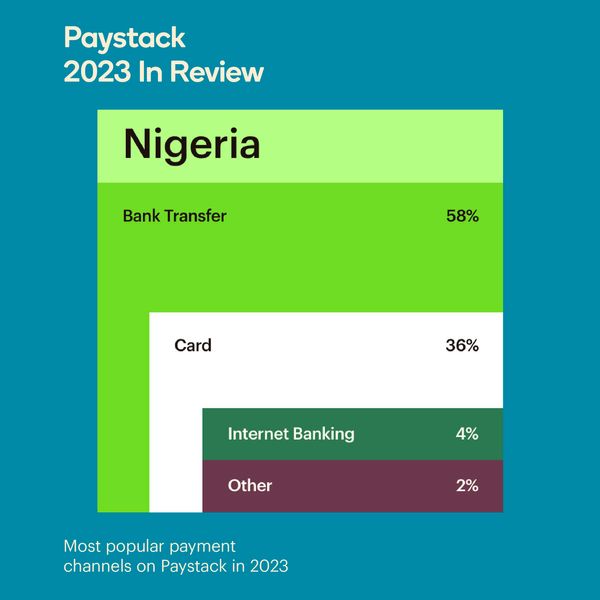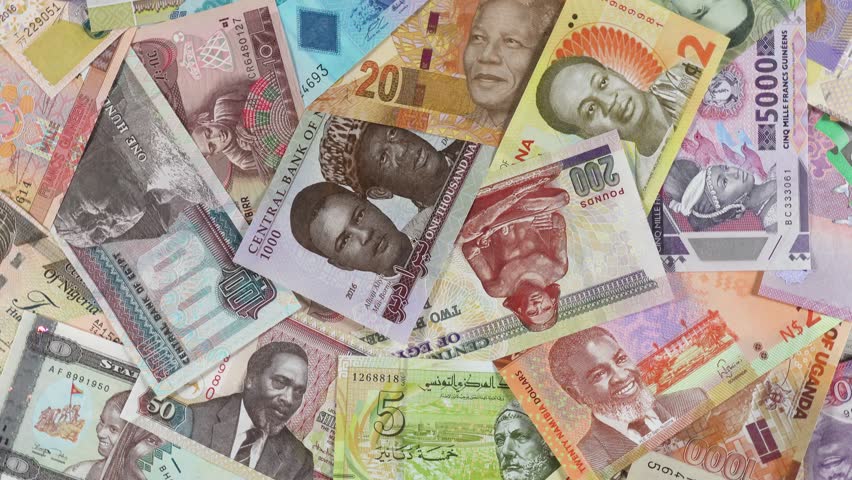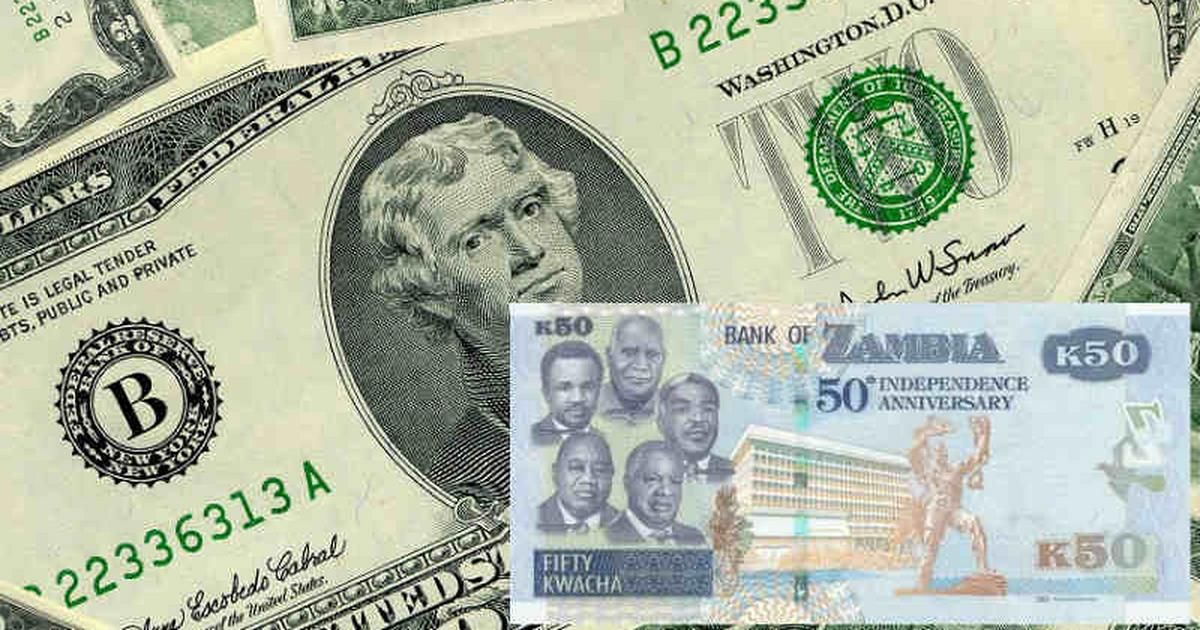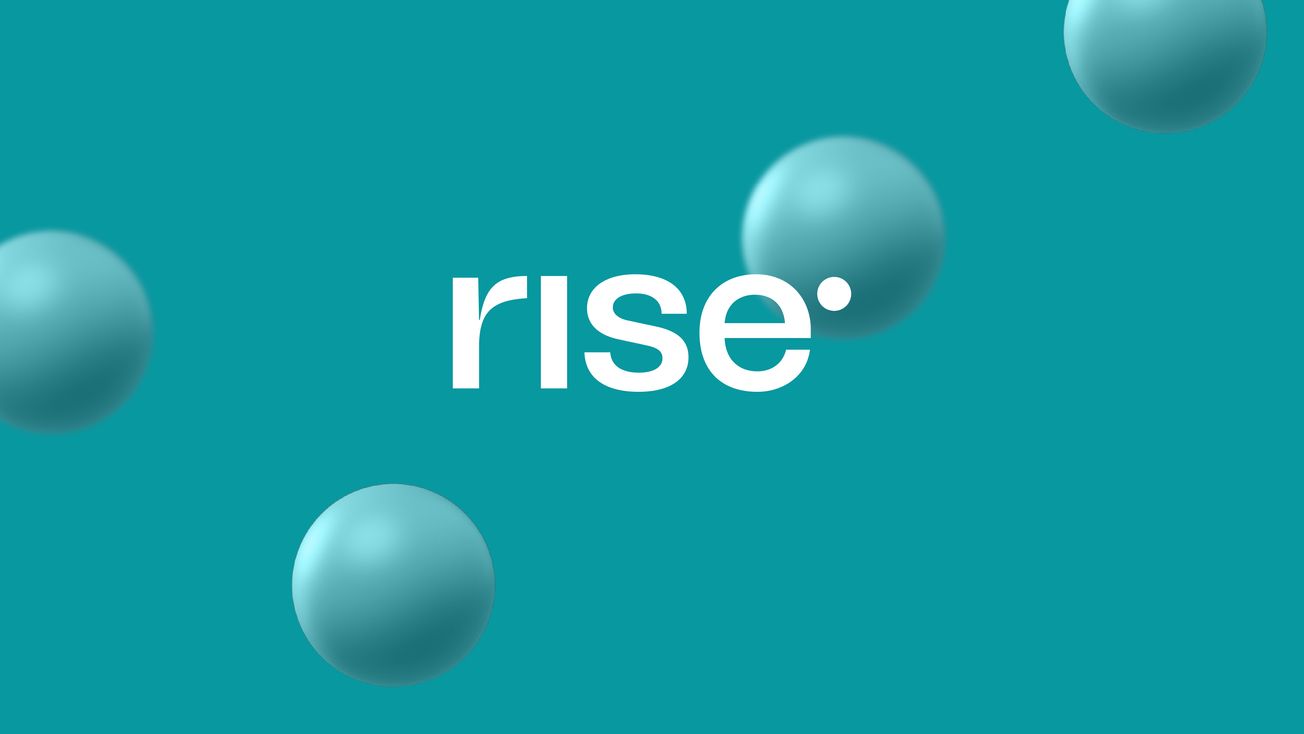While the rest of the world enjoys the consistent drop of mobile data services, Africans can only wish these charges would drop fast enough.
Internet users across the continent pay the highest prices for mobile data related to average monthly income. Voice call packages are also similar, as Africans also pay the highest for voice calls, according to an International Telecommunication Union report.
Over the past decade alone, the global affordability gap between mobile voice package prices in developed and developing countries has shrunk to 2.9 percentage points from 9, as the global average prices for mobile voice calls has nearly halved. Yet, African users pay nearly 200% more than the global average of mobile voice package prices, the report shows.
In dollar terms, users on the continent pay an average of $9 for mobile voice packages—lower than users in Europe and the Americas. But expressing those prices as a share of gross national income paints a clearer picture of the regional differences in price.
Indeed, only ten African countries—Eswatini (formerly Swaziland), Morocco, South Africa, Libya, Tunisia, Botswana, Mauritius, Sudan, Egypt and Seychelles—ranked in the top half. In Niger, the lowest-ranked country, voice call prices as a share of GNI stood at nearly 50%.
The impact of mobile phone penetration across the continent over the past two decades has led to rapid development in communications and development and boosting local businesses. Most notably, mobile penetration has made Africa the global hub of mobile money innovation over the past decade.
The question, though, is how much more African progress has been prevented by pricey voice calls and neck-breaking mobile data packages.
According to ITU’s report, while the global average price of 1.5-gigabyte mobile data packages dropped to $13.2 in 2019 from $20.4 in 2013, African countries still pay three times more than users in other regions relative to average income.
With the World Bank and other allied authorities reporting that access to the internet is crucial for Africa's development, as it promotes inclusion, efficiency and innovation, all of Africa looks forward to the days when data and voice call tariffs across the continent will be within reach for the average African. Without a doubt, regional infrastructural development coupled with increased competition will be the most reliable vehicles for the speedy arrival of those days.










